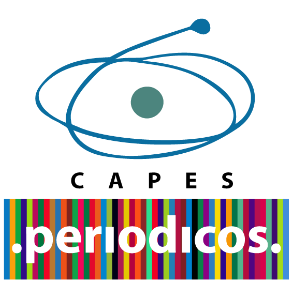Fundamentos teóricos para o entendimento da questão agrária: breves considerações
DOI:
https://doi.org/10.5433/2447-1747.2000v9n2p113Palavras-chave:
Teóricos clássicos, Questão agrária, Renda da terra, Modernização da agricultura, Movimentos camponeses.Resumo
O texto refere-se a uma análise da questão agrária brasileira a partir de suas condicionantes históricas, com ênfase aos movimentos de resistência e luta pela terra. O respaldo teórico dessa análise é obtido a partir de um resgate da obra de dois autores clássicos, Karl Kautsky e Alexander V. Chayanov e dois autores contemporâneos brasileiros, Caio Prado Júnior e José de Souza Martins. O critério de escolha dos autores e o destaque das obras, tanto dos clássicos quanto dos brasileiros, foram definidos em função das interpretações divergentes acerca da questão agrária e do papel político dos camponeses dentro do modo capitalista de produção. As interpretações resgatadas procuram convergir para um entendimento das relações subjacentes aos conflitos agrários, bem como aos desdobramentos da modernização da agricultura, privilegiando a análise das novas formas de luta empreendidas pelos movimentos camponeses.
Downloads
Downloads
Publicado
Como Citar
Edição
Seção
Licença
Copyright (c) 2011 GEOGRAFIA (Londrina)

Este trabalho está licenciado sob uma licença Creative Commons Attribution-NonCommercial 4.0 International License.
Os(as) autores(as) mantêm os direitos autorais, com o trabalho simultaneamente licenciado sob a Creative Commons Atribuição-Não Comercial 4.0 Internacional. Esta licença permite que terceiros distribuam, remixem, adaptem e desenvolvam o material em qualquer meio ou formato apenas para fins não comerciais, atribuindo o devido crédito de autoria e publicação inicial neste periódico
A revista se reserva o direito de efetuar, nos originais, alterações de ordem normativa, ortográfica e gramatical, com vistas a manter o padrão culto da língua e a credibilidade do veículo. Respeitará, no entanto, o estilo de escrever dos autores. Alterações, correções ou sugestões de ordem conceitual serão encaminhadas aos autores, quando necessário.

Esta obra está licenciada com uma licença Creative Commons Atribuição-Não comercial 4.0 Internacional.

















